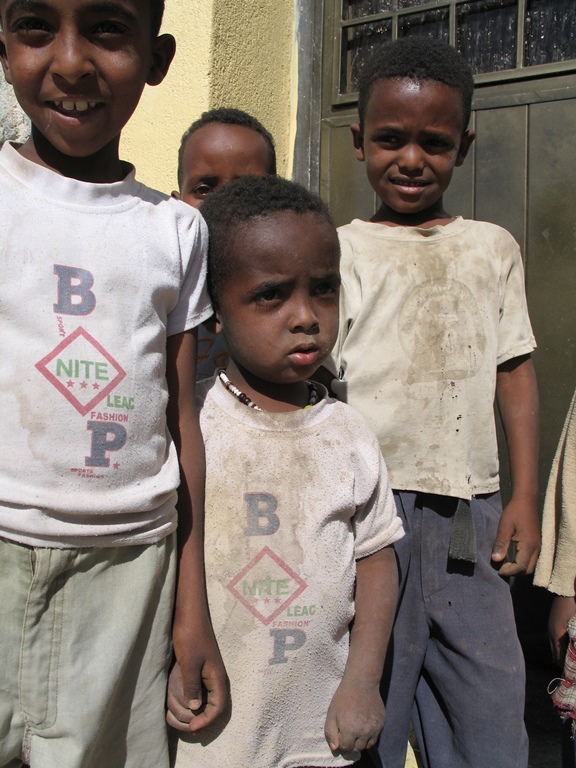|
Eritrea severely restricts religious freedom
Friday, July 10, 2015
"It was impossible not to speak out about what is happening in our country, even though the Church has to proceed with caution-- otherwise the government might shut down our infrastructure."
By Staff
NEW
YORK—Seminarians forced to join the army; priests barred from
leaving the country; and Christians thrown in prison because of their faith—violations
of religious freedom abound in Eritrea.
The
situation is so dangerous for Christians in the country that a source who
reported on the abuses to international Catholic charity Aid to the Church in
Need insisted on anonymity.
According
to the UN, Eritrean authorities are responsible for grave violations of human
rights across the board. Thousands of Eritreans are in prison camps and subject
to forced labor, with the fate of many unknown; the rest of the population is
subject to a strict system of supervision and control.
Yet,
the Catholic community in Eritrea is very active. In the capital city of Asmara—where
Catholics account for less than 4 percent of the local population—the Church
operates more than 50 schools and 30 health and community centers. The Church
is also speaking out against government abuses; at Easter 2014, the country’s
bishops issued a pastoral letter that called attention to hardships prompting
many Eritreans to emigrate.

“It
was impossible not to speak out about what is happening in our country, even
though the Church has to proceed with caution— otherwise the government might
shut down our infrastructure,” said the source. There is a ban on the
publication of Catholic social teaching.
The
Catholic Church is one of only four religions formally recognized by the state.
The others are Islam, the Eritrean Orthodox Church and the Lutheran Church. “On
paper, we are free to attend our liturgical celebrations, but the government tries
to prevent us from doing so,” the source reported. Often, the timing coinciding
with Sunday Mass or the celebration of Christian feasts and holy days—such as
Good Friday of this year—authorities organize political rallies or sporting
events that citizens are obligated to attend. In a similar vein, many school
courses are scheduled for Sundays.
There
are ongoing attempts to force the Catholic clergy and seminarians to undergo
military service, which is compulsory for all men aged 50 and under and for all
women up to the age of 40. Dozens of seminarians have disappeared and never
returned from the period of military call-up. The source affirmed that the Church
does “not allow this [practice] to happen anymore, but the authorities don’t allow
anyone who has not done military service to leave the country. Hence, priests
cannot go abroad to study.”
This
punitive measure impacts the Church’s ability to prepare seminary professors
and severely hampers the formation process—leaving the Church more vulnerable.
“We have just one teacher of Sacred Scripture; if anything were to happen to
him, we would not know how to replace him,” said the source.
Aid
to the Church in Need estimates that 1,200 Christians are currently in prison,
often for purely religious reasons, including a number of religious leaders, in
particular from the Pentecostal community, which is not recognized the by the
government. Torture is not uncommon and a number of Christians have died in detention.
The government has also ousted the Eritrean Orthodox Patriarch, replacing him
with a prelate with close ties to the regime.
Children in Eritrea: ACN photo
|